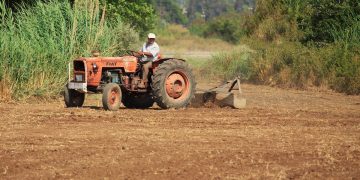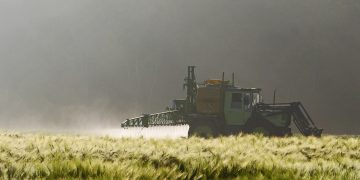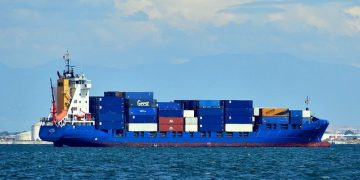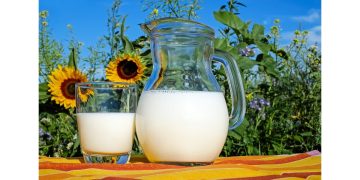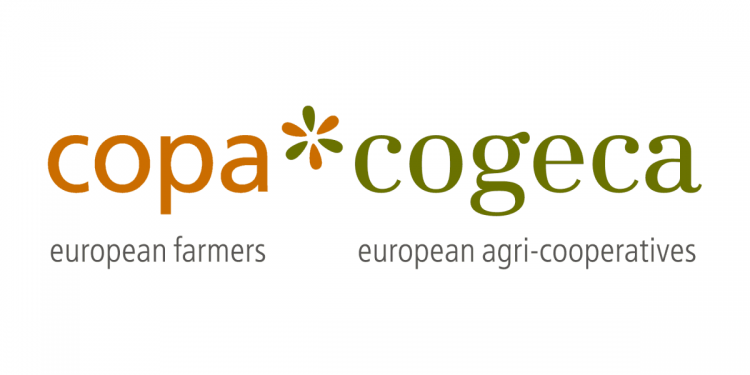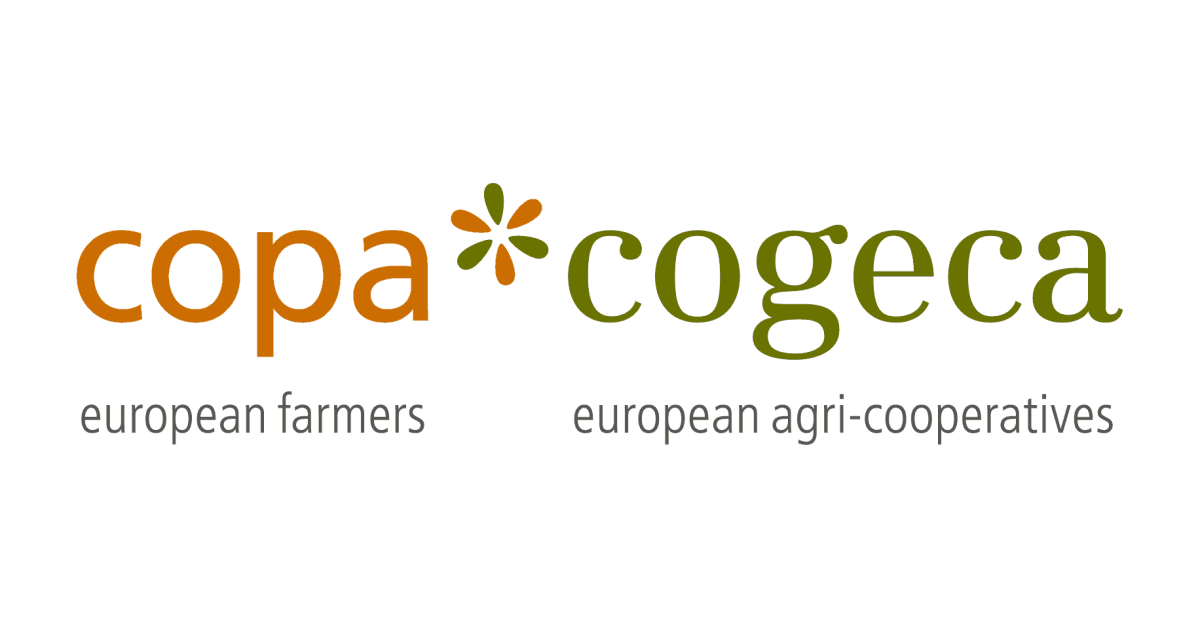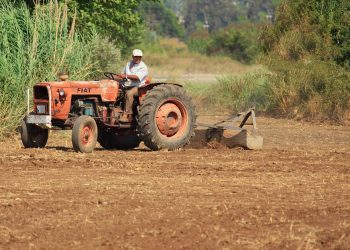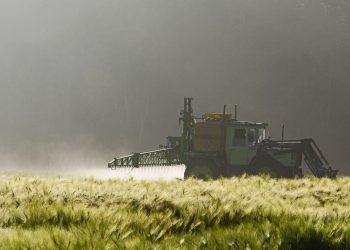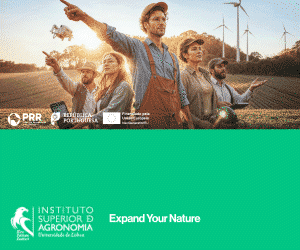European Commission published today the long-awaited revised rules for the protection of animals during transport, where some technical improvements are undermined by arbitrary and restrictive rules that are discriminatory to some Member States and have the potential to disrupt the Single Market.
For EU farmers and agri-cooperatives, animal welfare is a crucial standard we are committed to ensuring. While technology and transport infrastructure have greatly improved in the last 20 years, the basis on which Regulation 1/2005 was built is still valid. It is in our interest to support a harmonised implementation and enforcement of the rules, based on science and the concrete experience of the operators.
While there are some technical improvements in the proposal, unfortunately, these are undermined by narrowly restrictive rules that are far from the practical experience, counterproductive to animal welfare, and discriminatory to some Member States.
For Copa and Cogeca main concerns are:
- Minimum age for young animals to be transported beyond 100 km: An increase of the minimum age for the transport of calves to five weeks (compared to 14 days in the current regulation), or three weeks for piglets, lambs, and goat kids, would lead many farms to the end of their activity. Dairy farms would have to completely rebuild and refurbish their structures, which would be unfeasible for many. There are many costs involved, such as: additional financing, additional land requirements, manure management and environmental permits.
- Imposing a cap on the journey time to slaughter of 9 hours would mean that farmers in some Member States would immediately lose access to many slaughterhouses. This is very concerning, as there is already a process of concentration of slaughterhouses taking place in the EU. It would further accelerate the process of depopulation of rural areas.
- Similarly, capping the journey time by road for purposes other than slaughtering would break the supply chains that have been built over the years in many Member States. It would be discriminatory against Member States with longer distances, unproper infrastructure, or mountainous regions.
- Our concerns of the potential discriminatory nature of this reform are also visible on the limits to travel based on maximum and minimum temperatures. The requisite of night drive in case of a temperature forecast of more than 30ºC is disruptive from both an animal welfare (all livestock species in the scope are diurnal) and a social perspective (availability and flexibility of labour) and would penalise transportation in the summer period, especially in the South.
- The new rules on space allowance and minimum vertical height would decrease the number of animals that could be loaded onto a truck compared with the current standard. The increase of empty spaces between them could lead to injuries following movement of the vehicle, as well as road safety issues. In addition, multiplying the number of trucks on the road to compensate for the reduced load would have a very significant impact on carbon emissions and labour needs.
In addition, from a practical point of view in ensuring an effective uptake, the transition periods proposed are excessively short, incompatible with operators’ investing capacity.
We call on the European Parliament and the Council to consider these problematic issues and ensure the necessary adjustments to make further improvements to the proposal; making it implementable, non-discriminatory and science based.
Fonte: Copa Cogeca

